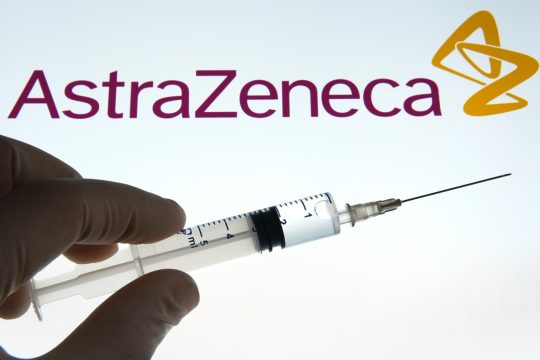Advertisment
Coronavirus tests – how should they be used?

Article by Christine Clark and Peter Mas-Mollinedo
Interview by Peter Mas-Mollinedo
People often ask if there a case for using both the molecular test and the antigen test.
International Medical Information (IMI) interviewed two pathology experts – Mr Michael Bass, (PathDirect Laboratory Director) and Dr John Bolodeoku (chemical pathologist and PathDirect Clinical Director) to find out why both the molecular test and the antigen test for the coronavirus might be needed.
Both the molecular test and the antigen test tell us that the virus is present in the nasopharygeal area. How long the virus stays in that area probably differs from person to person – it might be 14 days in some and 28 days in others but realistically but the only way to tell is to repeat the swabs and test again. If the result is negative, then the virus is no longer in the patient’s respiratory system, explains Dr Bolodeoku.
Given that the antigen test provides a result within minutes rather than hours at the point of care, widespread introduction of antigen tests could make the ‘test, trace and isolate’ scheme in the UK much more effective.
“I would encourage Number 10 to look at antigen testing and complement it with PCR”, says Dr Bolodeoku. The antigen test could easily be used in the community, it is readily accessible and the results are available more quickly. It should be possible to find a way of using the two tests in a cost-effective way – perhaps using the antigen test frontline and then using the PCR, if necessary, for confirmation, he explains.
Mr Bass says that getting a result quickly could be a major advantage in someone with suspected covid-19 infection. If the result is positive the individual can be advised to isolate immediately instead of waiting for a PCR and possibility infecting others in the meantime. If the result is negative, a PCR test can still be performed to confirm the result. Clearly, this could be important for preventing the spread of infection.
See linked here or download below a (PDF) summary table that compares the three types of coronavirus test.
Read and watch the full series on our website or on YouTube.





